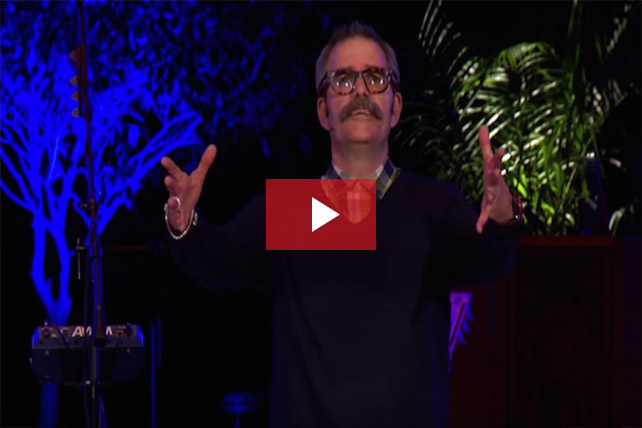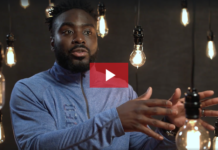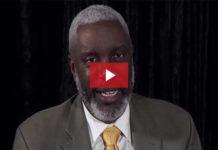Paul Tripp has a unique suggestion to help you build healthy relationships. It’s unique because it doesn’t involve the quintessential suggestions we typically hear like communicating and forgiving. In fact, when relationship problems rear their ugly heads, there is often something we are doing to exasperate it.
Tripp explains problems arise—particularly in our relationships—when we try to rely on our own righteousness to feel secure. “We’re locked in something that won’t allow us to discuss the things and look at the things that will lead to change—we’re trapped,” Tripp says. This is an exhausting and isolating way to live.
Tripp reminds us that God offers us another way: “What God gives us in his son is a righteousness that is not our own.” The sooner we find our security and rest in Christ’s righteousness, and not our own supposed righteousness, the sooner we can lay down the need to defend ourselves, our words, and our actions. Additionally, this realization makes us approachable and humble and allows us to be able to “deal with our mess.”
In summary, Tripp gives the two character qualities that are necessary to possess in order to experience healthy relationships:
- The humility of approachability – Tripp says, “I become an approachable person because I’m resting in a righteousness that’s not my own.
- The courage of loving honesty – Tripp explains we need to have the attitude of “I’m not afraid to speak the truth to you because I’m not afraid of your rejection.” If we were trying to find well-being in someone else’s acceptance, we would be afraid of rejection. But, we need to find our well-being “in the acceptance that was purchased by righteous Christ for me.”
These two character traits will allow us to “begin to deal with all the things that so many people cannot talk about.”












